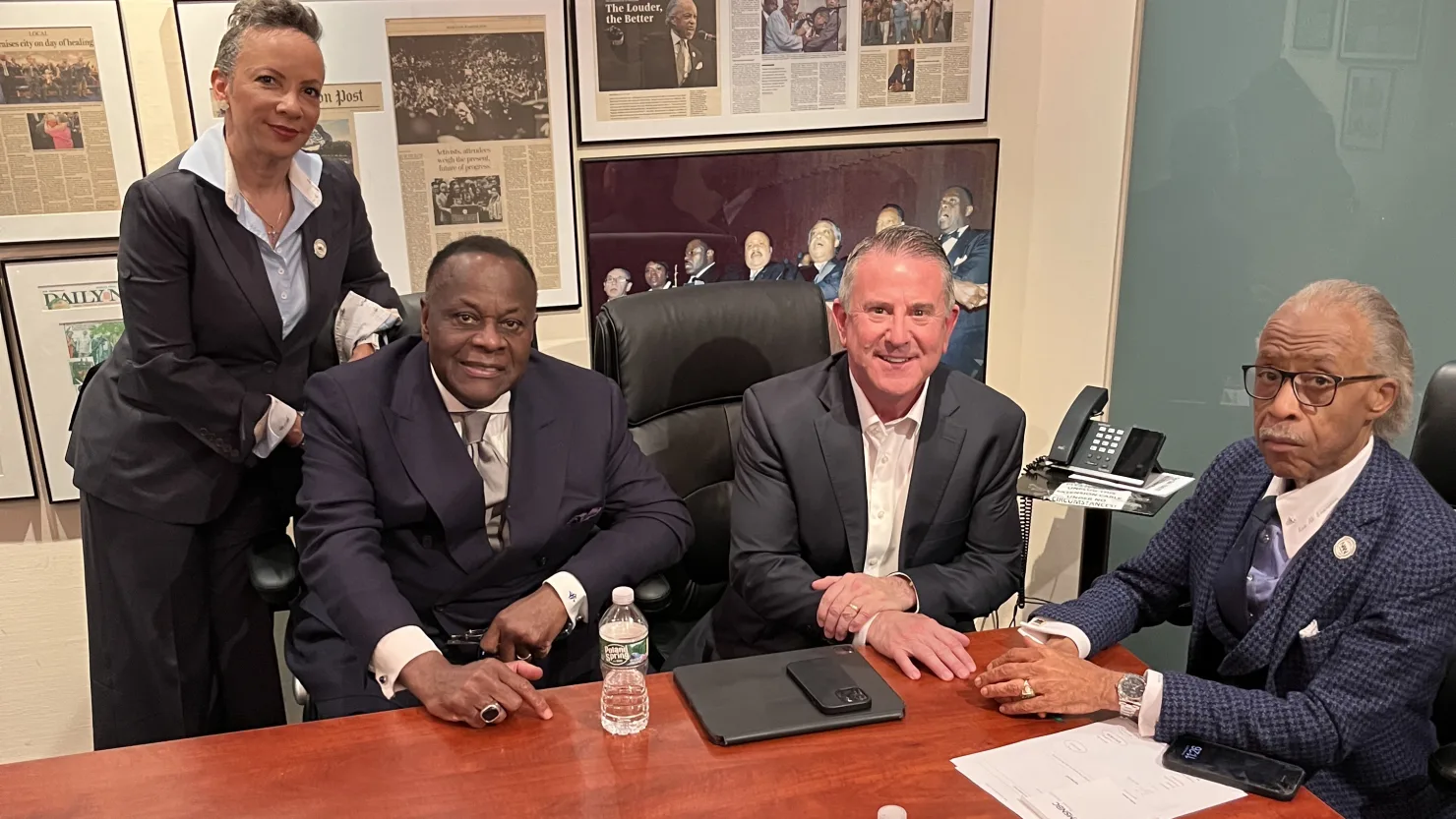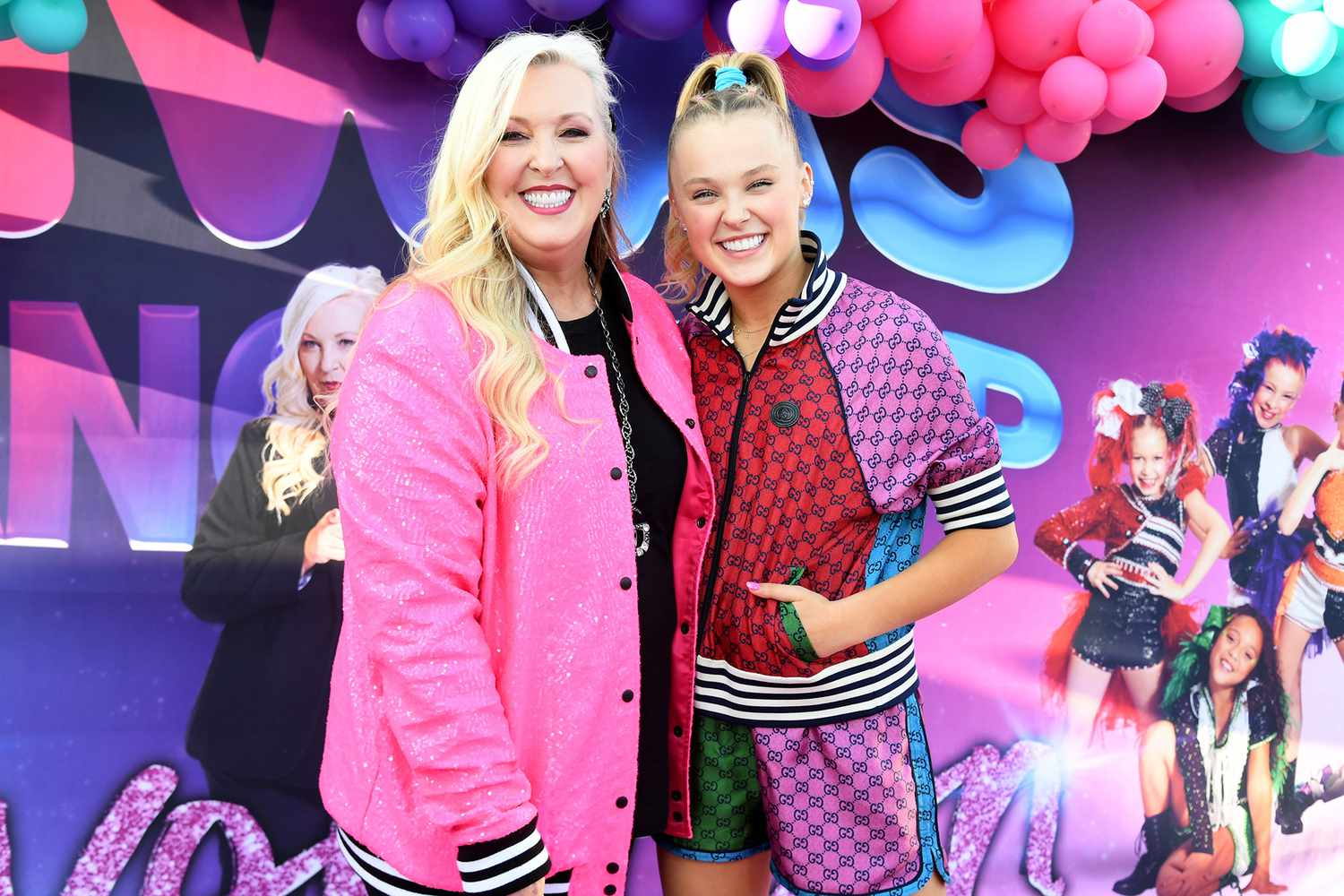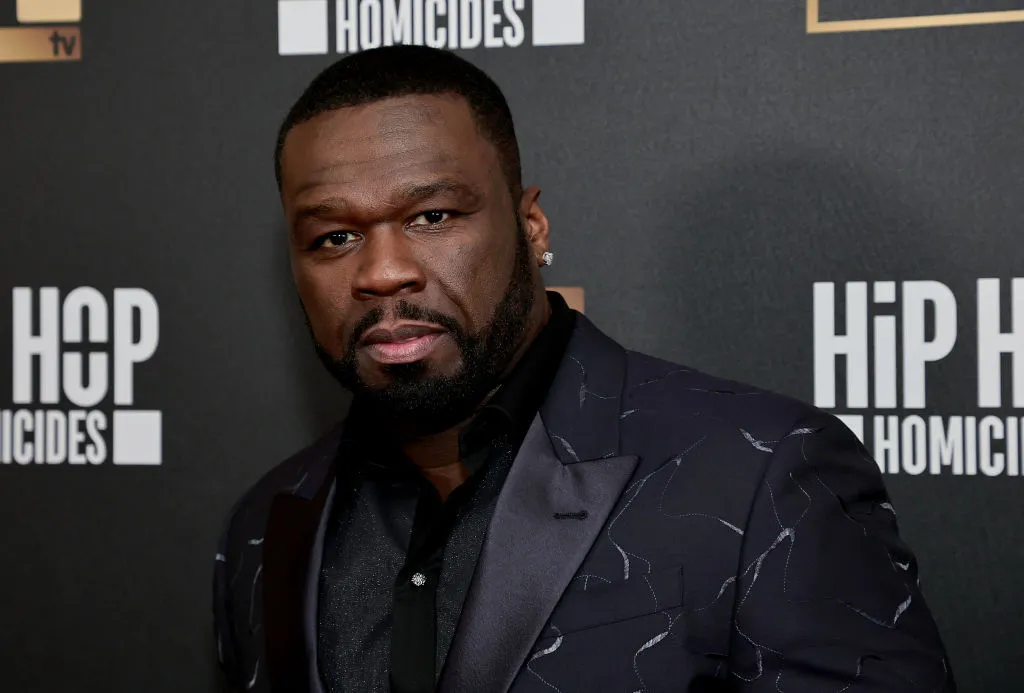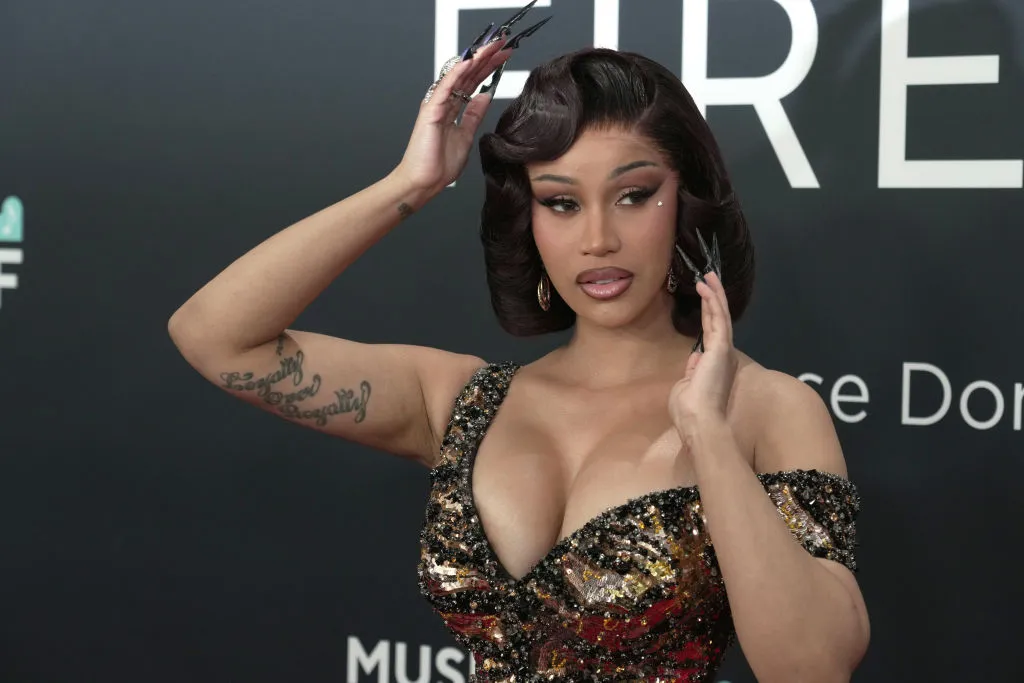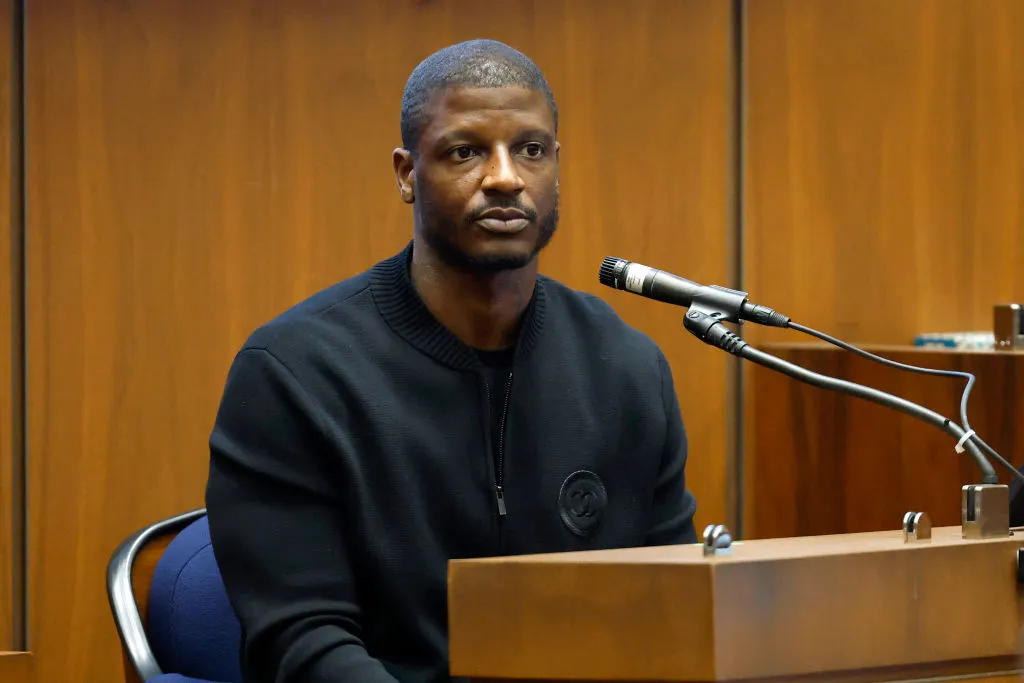Target CEO Brian Cornell met with Rev. Al Sharpton in New York last week amid growing backlash over the retailer’s decision to scale back its diversity, equity, and inclusion (DEI) initiatives. The high-stakes meeting came as civil rights leaders weigh calls for a potential boycott, and data shows a sharp decline in foot traffic across Target stores.
Sharpton, founder of the National Action Network (NAN), has not yet endorsed a boycott but expressed support for efforts to hold Target accountable. Speaking to CNBC, he said, “If an election changes your stance on fairness, we reserve the right to change ours.” Sharpton urged the company to recommit to its racial equity promises and reinvest in Black-owned businesses—warning of consequences if it fails to act.
The conversation was initiated by Target and described by Sharpton as “constructive and candid.” He plans to consult other civil rights leaders, including Rev. Dr. Jamal Bryant, who launched a 40-day boycott in March. NAN will meet after Easter to decide on the next steps.
Target’s troubles began in January when it quietly ended its three-year DEI strategy, halted external progress reporting, and scaled back efforts to highlight Black- and minority-owned brands. Shortly after, visits to Target stores began to fall. According to Placer.ai, the retailer experienced 10 straight weeks of year-over-year declines in foot traffic—reversing previous gains.
Though Target hasn’t publicly addressed the traffic data, the timing has sparked concern that its shift in DEI policies may be alienating key segments of its customer base. Sharpton’s stance represents a major public pushback against the rising conservative movement pressuring corporations to abandon DEI efforts—led by voices like Robby Starbuck, who uses social media to target diversity programs.
Target isn’t alone. Other major companies like Walmart and McDonald’s have also pulled back DEI efforts. In contrast, Costco stood firm, rejecting a shareholder proposal to scale down its DEI commitments. As a result, NAN encouraged a “buy-cott” in support of Costco, which saw a 7.5% increase in store visits in March—while Target saw a 6.5% drop during the same period.
Beyond political and social pressure, Target faces deeper retail challenges. Sales have been stagnant for four years, and shifting consumer behavior now favors essentials over home goods and apparel. The company is also grappling with theft, inventory mismanagement, rising shipping costs, and fallout from its handling of Pride Month.
With modest 1% growth projected for 2025, the pressure is mounting. Sharpton’s pointed question to Cornell—“What changed?”—continues to resonate as Target navigates both financial headwinds and a growing call for accountability from the communities it once vowed to uplift.






